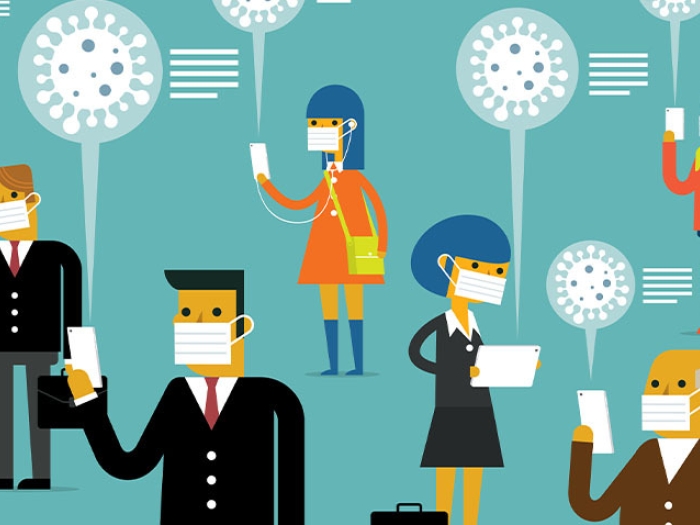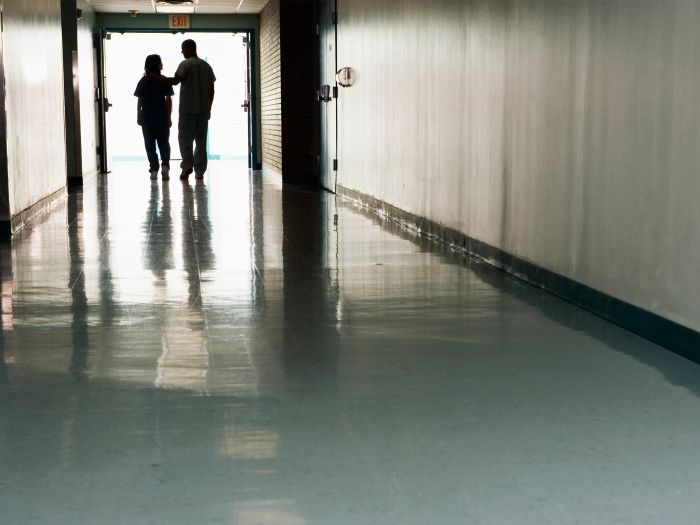A unique ceremony at U-M helps medical students and others honor the body donors who teach them human anatomy.
1:00 PM
Author |
One of the first people medical students meet in their journey to becoming a doctor is a teacher who can't speak, but still teaches more than any book ever could.
These teachers are the ordinary men and women who agree in life to donate their bodies after death so students can study human anatomy in its finest details. Around the country, thousands of such donors give this gift to education every year, and allow future doctors to explore the human body as preparation for careers of healing.
At the University of Michigan Medical School, students take time every September to recognize those donors in a unique ceremony filled with moving speeches and heartfelt musical performances. The families and friends of U-M's anatomical donors, as they're formally called, gather for the student-planned program, which includes medical, dental and biomedical engineering students who all learn anatomy from the donors.
The video above shows highlights from the 2015 memorial ceremony.
At this year's ceremony, medical student Kathryn Brown shared a letter she'd written to the person who donated the body she learned from in anatomy class.
"Donor, for the first time I am grasping the beauty that lies beneath the skin because you selflessly allowed us to see the beauty beneath yours," she wrote. "Like a good advisor, you've helped foster our dreams, confident that whatever we do will be worthy of your help. We won't let you down."
Brown wondered about what her donor did during life, about what their hands held and where their feet took them.
She ended, "At the end of the day, we learn the anatomy and physiology, but I think the most important thing you teach us is just how beautiful and incredible this thing we call life really is, and for that I thank you."

Explore a variety of healthcare news & stories by visiting the Health Lab home page for more articles.

Department of Communication at Michigan Medicine
Want top health & research news weekly? Sign up for Health Lab’s newsletters today!





